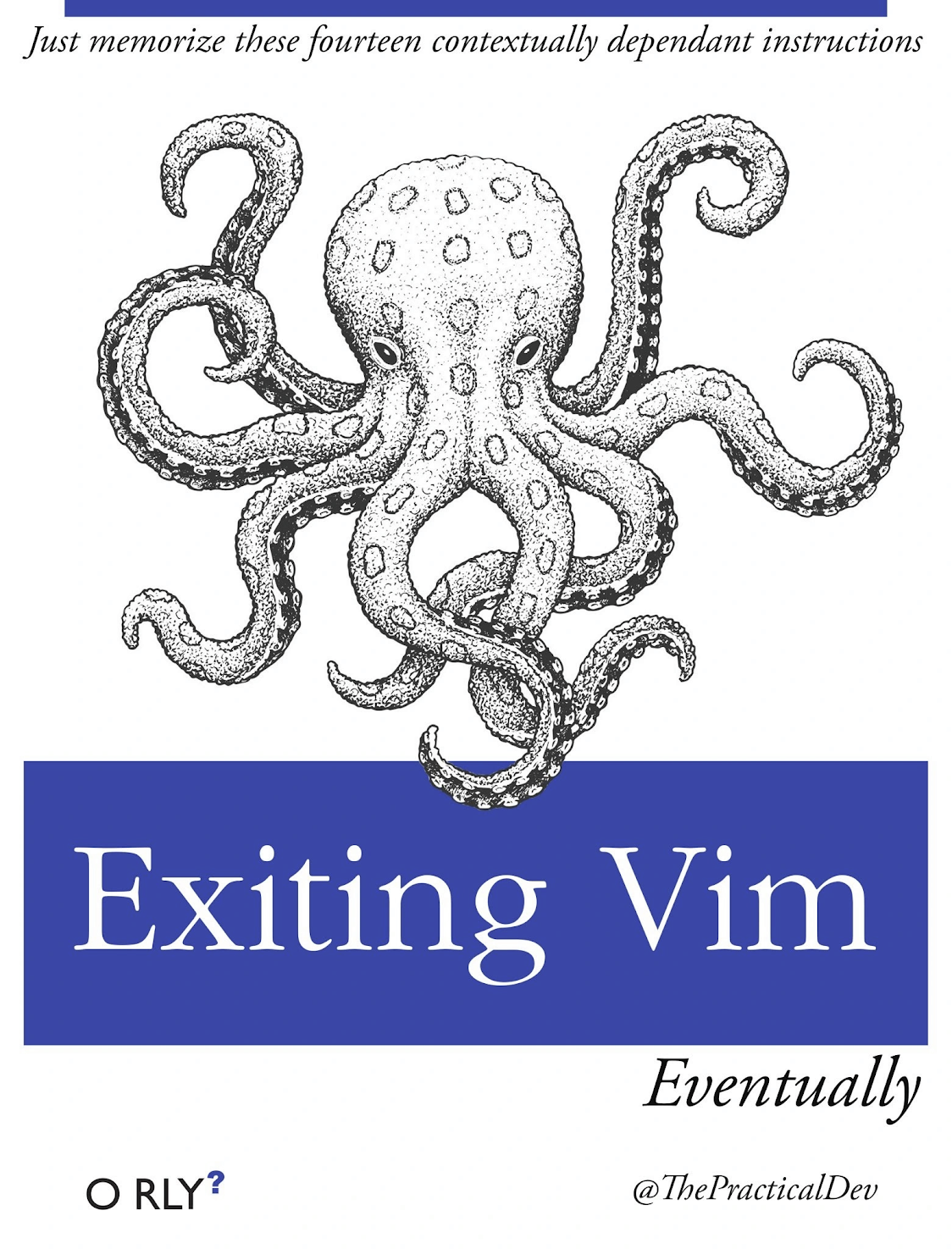

Do you have some concrete examples of some things that corporations could do to significantly reduce (not just greenwash) their contribution to climate change that would not immediately result in all their customers picking up torches and pitchforks, or just move on to their competitors?







Oh, for sure. My friend ended up setting up a permanent server. It’s pretty cool because anyone of us can jump in and play at any time. Although anytime someone does it starts the clock ticking forward, which leads to consequences, as I’m sure you’re aware.